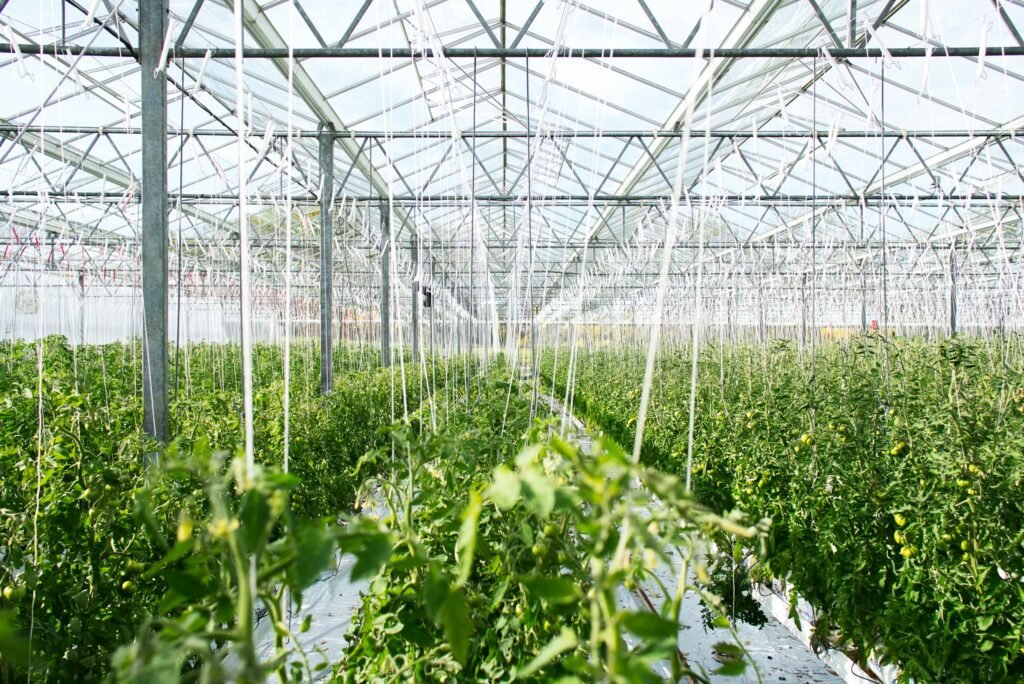Agriculture

Introduction:
An Agriculture Soil Testing Laboratory is a facility that analyzes soil samples to provide information on their physical, chemical, and biological properties. The laboratory helps farmers, agricultural researchers, and policymakers make informed decisions about soil management, fertilizer application, and crop selection.Objectives:
1. To analyze soil samples for various physical, chemical, and biological properties. 2. To provide recommendations for soil fertility management, fertilizer application, and crop selection. 3. To help farmers improve soil health, increase crop yields, and reduce environmental pollution. 4. To support agricultural research and development by providing accurate and reliable soil data. 5.Support for agricultural research and development
Key Components of an Agriculture Audit
Key Messages:
1. “Our state-of-the-art laboratory provides accurate and reliable soil testing services to help farmers optimize their crop yields and reduce costs.”
2. “Our team of expert soil scientists and technicians are dedicated to providing personalized service and support to help you achieve your farming goals.”
3. “By testing your soil, you can identify nutrient deficiencies, pH imbalances, and other issues that may be affecting your crop yields and overall farm productivity.”
4. “Our soil testing services can help you reduce your environmental impact by optimizing fertilizer and pesticide application, and promoting sustainable farming practices.”
5. “At Agri Soil Testing Lab, we are committed to helping farmers like you achieve a bountiful harvest and a sustainable future.”


Types of Agriculture Audits
- Sustainability Audit:
- Focused on environmental impacts and sustainable practices.
- Organic Farming Audit:
- Ensures compliance with organic certification standards.
- Food Safety Audit:
- Verifies practices to ensure safe and hygienic agricultural produce.
- Productivity Audit:
- Assesses factors influencing yield and suggests improvements.
